Jews who came of age before the 1980s associate holidays with super-sweet wines made from the Concord grape, typically from market leader Manischewitz. But in the last 30 years, modern-styled kosher wines from Israel, California and major wine regions of Europe have found a place at the Jewish holiday table.
Two weeks ago, I tasted a selection of contemporary kosher wines, and none could better illustrate the change than the non-vintage Borgo Reale Prosecco ($20), a sparking wine made from the Prosecco grape of northern Italy. Its mild fruit and sage-like aroma is a pleasant introduction to the apple flavor and off-dry finish. It’s a delightful starter for a Rosh Hashanah dinner.
The 2009 Dalton Chardonnay ($16) is from Israel’s Upper Galilee. Founded in 1995 by the Haruni family, immigrants from England, Dalton is now lead by Israeli-born and Australian-trained winemaker Naama Sorkin. Her chardonnay is unoaked, delightfully fruit-scented and flavored with a modest 12.5 percent alcohol and long, dry finish. Enjoy it with a vegetable course.
What could be more up-to-date then an Israeli wine using the California term Meritage? In 1870, Zeev Zida Teperberg established the winery, now directed by the sixth generation of the family in the Samson Valley of the Judean lowlands.
The 2009 Teperberg Meritage ($21) is a blend of 70 percent cabernet sauvignon, 25 percent merlot and 5 percent cabernet franc, and aged in French oak barrels. Its cherry and black pepper aroma and black olive and cherry flavor is akin to many Sonoma Meritage wines. Pour it with your favorite lamb dish.
Your grandparents likely never had a Chianti for the holiday wine, but you can. The 2007 Borgo Reale Chianti Riserva ($19) is pleasantly filled with bright cherry color and flavor. It’s very tasty, with soft tannins and good balance, making it a good partner for roasted chicken.
Honeyed sweets are part of every Jewish New Year menu, and the perfect wine is the 2009 Borgo Reale Moscato d’Asti ($15). Its classic spritz, honey aroma and candied taste pays homage to tradition while simultaneously offering a contemporary finish to a joyous dinner. It awaits a fruit compote or a cake made with nuts and honey.
Recanti was founded in 2000 by Israeli financier Lenny Recanati. Three years ago, fellow Israeli Gil Shatsberg became the winemaker there, bringing a degree in enology from the University of California at Davis and winemaking experience from Sonoma’s J sparkling wine company to this Upper Galilee winery.
The 2007 Recanati Merlot Reserve ($25) is from Menara vineyard and contains 15 percent cabernet sauvignon. The latter supplies a nice black berry aroma and flavor, and the aging in French oak contributes a supple texture and a mild black olive secondary taste. Good balance and a very pleasant finish make this wine ideal for a beef stew or with filet mignon.
Given Shatsberg’s California credentials, I expected the 2010 Recanati Shiraz ($15) to be like the over-extracted shiraz and syrah fruit bombs that flow endlessly from the Golden State. I was pleased to discover it’s more like a well-made Côtes du Rhône. A magnetic aroma of herbs and red fruit is matched with delicious raspberry, black plum and hints of tobacco. The 2010 Recanati Shiraz belongs on your table anytime you want a first-rate red wine and a great value, too. It’s ideal with roasted duck.
The 2010 Recanati Yasmin ($11) is a blend of 65 percent emerald riesling, 20 percent sauvignon blanc and 15 percent French colombard white grapes. The sauvignon blanc dominates the nose with its green tomato and citrus aroma, but the riesling and French colombard contribute a pleasant pear flavor. The wine has just the right amount of acidity to balance it and make it enjoyable with sole, cod, haddock or halibut.
L’chaim!
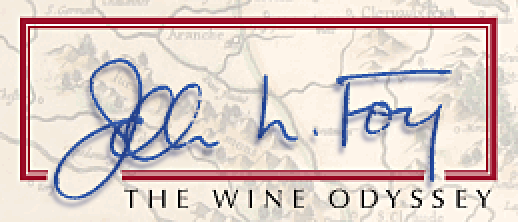
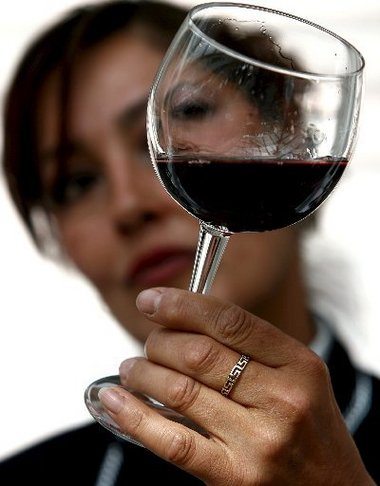
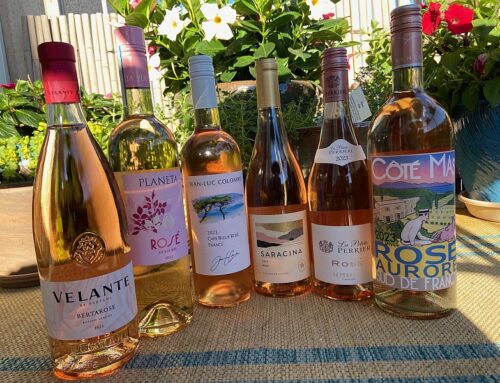
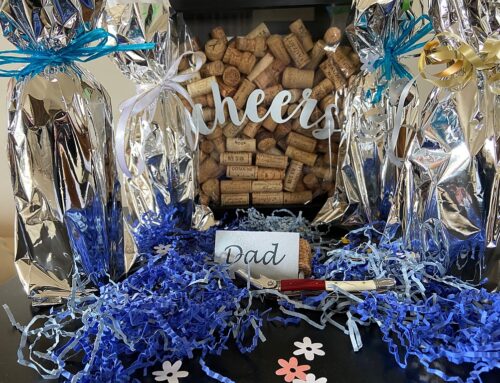
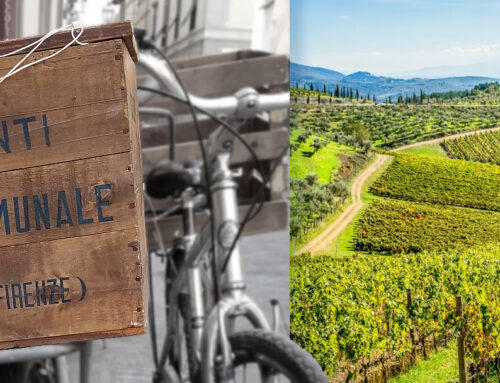
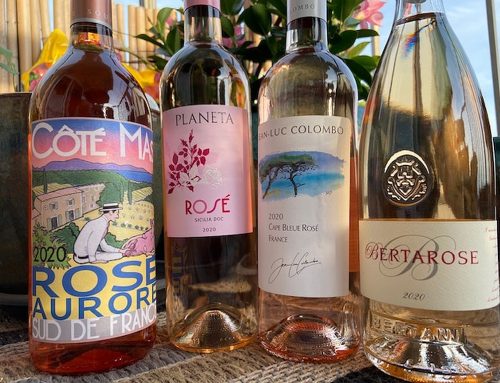
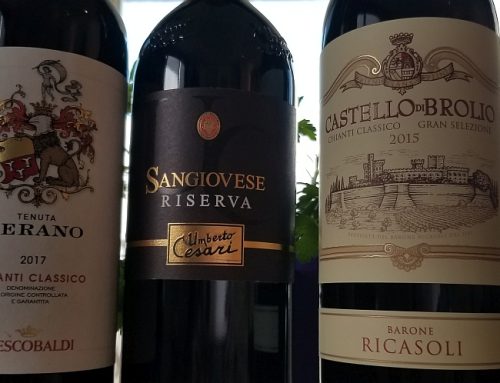
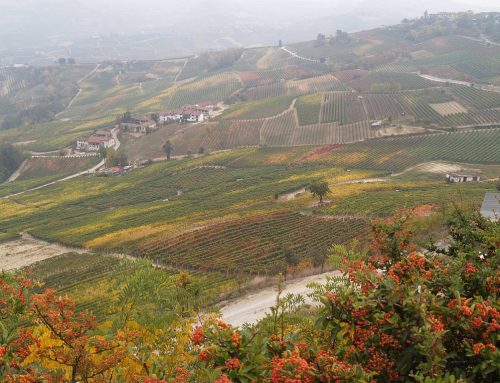
Leave A Comment